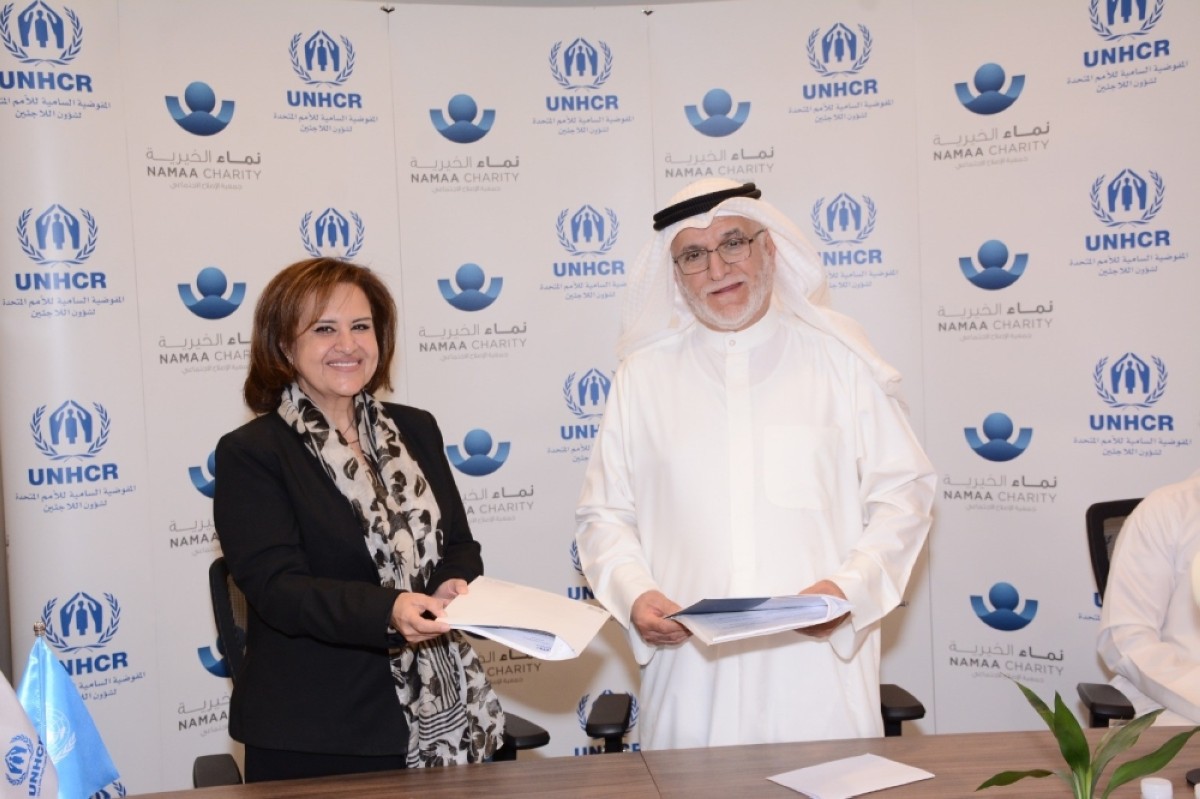KUWAIT: The Embassy of Spain in Kuwait celebrated the Spanish National Day on Sunday, in the presence of the Deputy Minister of Foreign Affairs, Sheikh Jarrah Jaber Al-Ahmad Al-Sabah, and the Undersecretary of the Ministry of Defense, Sheikh Dr Abdullah Mishal Al-Sabah. In his opening remarks, the Ambassador of Spain to Kuwait Manuel Hernandez Gamallo emphasized the importance of the occasion, marking Spain as one of the oldest nation-states in the world, a country united by diverse languages and cultural traditions.
The ambassador emphasized the strength of the relations between Spain and Kuwait, saying “Our relations with Kuwait are deep and solid, based on cultural affinities and people-to-people relations. Those relations are flourishing more than ever.” He revealed that nearly 50,000 Kuwaiti travelers visited Spain this year, noting that recent visa facilitation measures within the Schengen area have made travel easier.
Ambassador of Spain to Kuwait Manuel Hernandez Gamallo
The audience at the ceremony.
The Ambassador highlighted significant progress in bilateral cooperation, including the Spanish Kuwaiti Joint Economic Committee held in Kuwait last May, which brought together business leaders and officials from sectors aligned with Kuwait’s Vision 2035. Notably, several agreements are currently in progress to further strengthen trade and investment ties. On the academic level, the Ambassador highlighted Kuwait’s recognition of degrees from 45 Spanish universities, with several institutions including Madrid, Navarra and Barcelona granted “excellence” status in select disciplines, expressing hope to see more Kuwaiti students studying in Spain in the coming years.
He also announced the upcoming direct air connection between Kuwait and Madrid, adding to the existing routes to Barcelona and seasonal flights to Malaga, which will further boost tourism and connectivity. The Spanish Ambassador reaffirmed Spain’s commitment to dialogue among civilizations, the rule of international law, and the defense of human rights, underlining Spain’s recognition of the State of Palestine and its ongoing efforts to promote a just and lasting peace in the Middle East, commending Kuwait’s steadfast humanitarian role and its contribution to regional stability.
He added “Spain salutes the State of Kuwait as a staunch defender of international law, a factor of stability, and a first-rate contributor to humanitarian causes in the world,” extending congratulations to Kuwait for successfully hosting the GCC–EU Ministerial Meeting held recently in Kuwait. The Ambassador also recognized the 450 Spaniards currently residing in Kuwait, many of whom are professionals working in fields such as education, business, health, sports, energy, and infrastructure. The Ambassador concluded by extending greetings on behalf of King Felipe VI and the Government of Spain, wishing continued progress and prosperity to the State of Kuwait and its people.


















